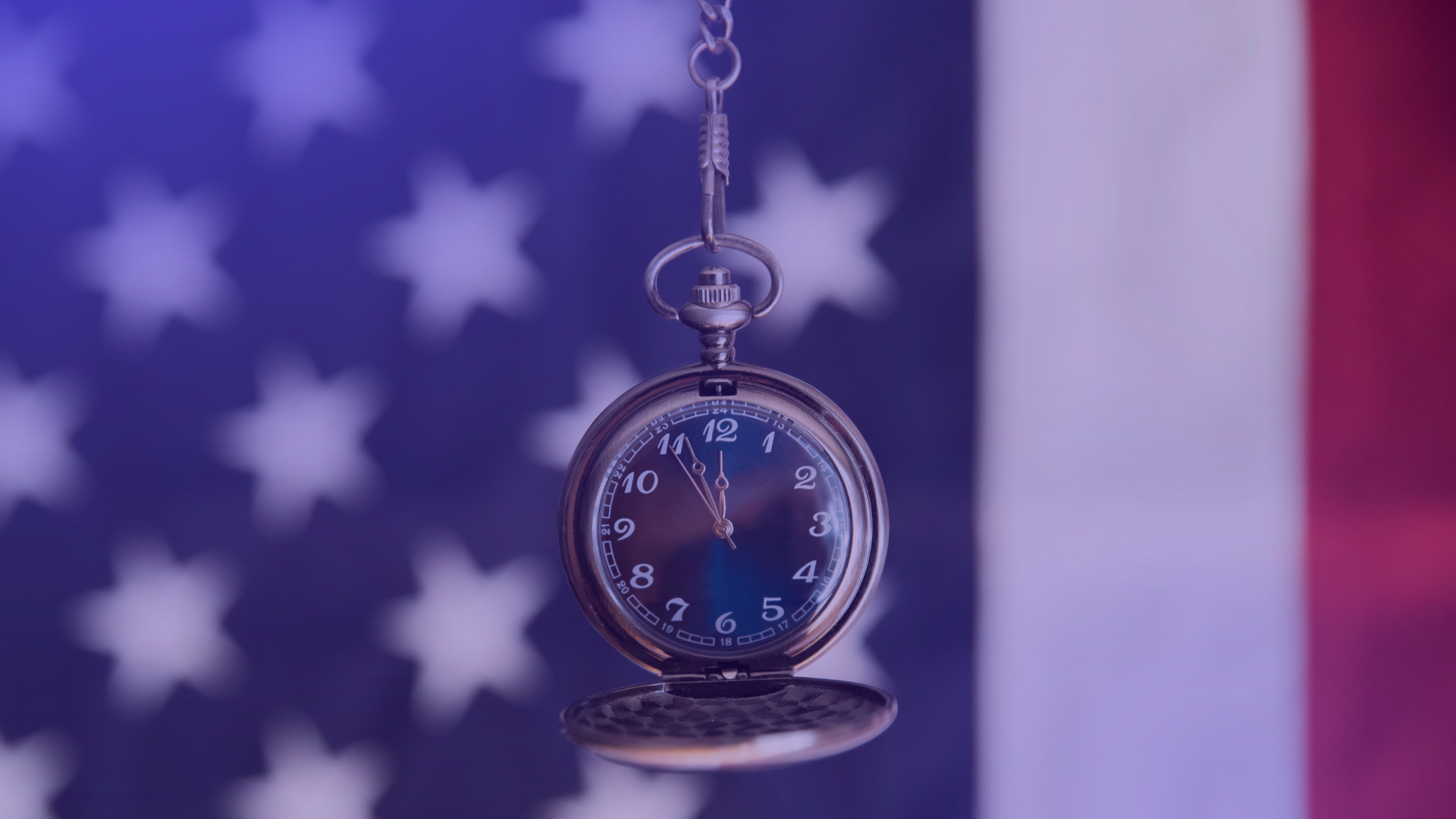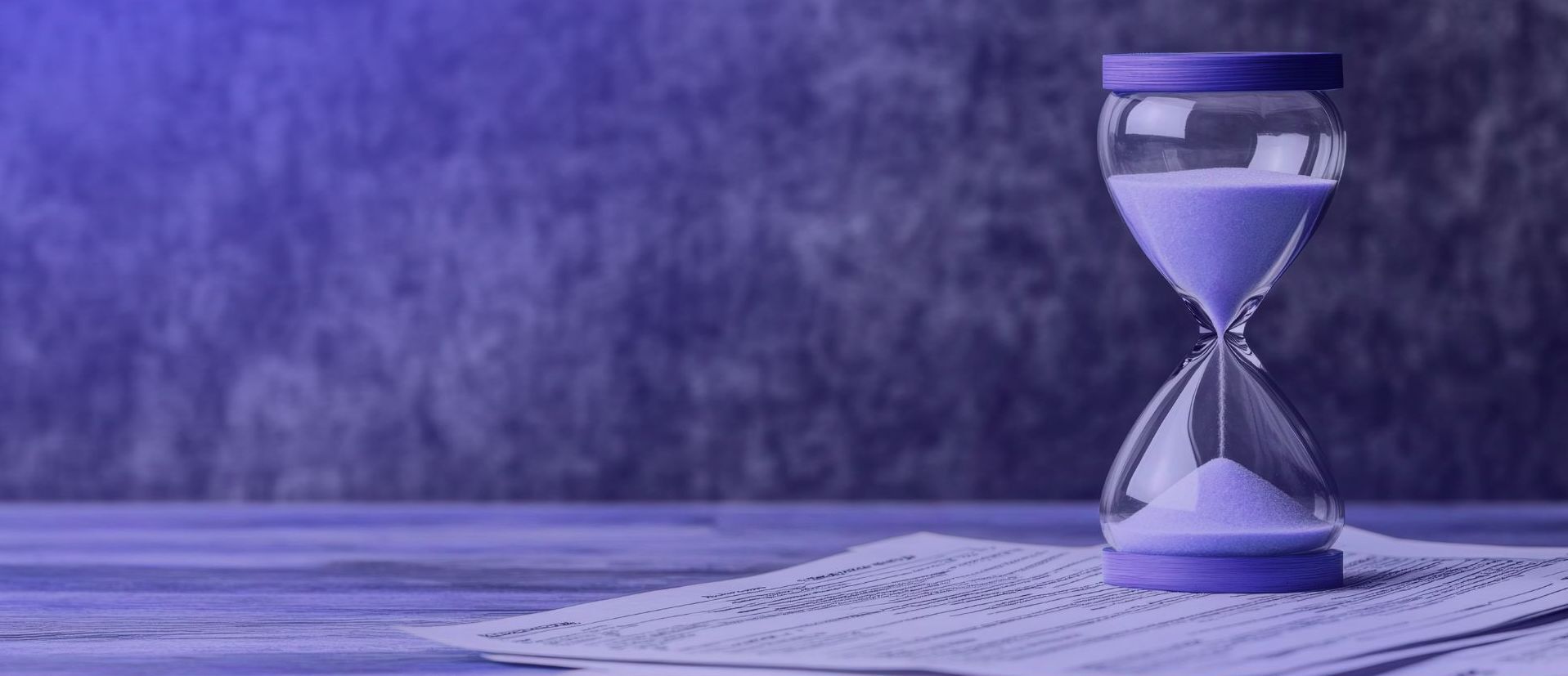If you own or run a small business, you know how important it is to meticulously and accurately keep track of your sales and taxes and find deductions to help improve your bottom line.
The 179D energy-efficient commercial building tax deduction helps architecture, engineering and construction firms claim a tax deduction for their participation in the design of energy efficient systems for commercial buildings owned by government or non-profit entities.
The 179D tax deduction encompasses projects such as energy-efficient HVAC system, building envelopes, and LED lighting. Companies can apply it to projects that demonstrate specific levels of energy usage that directly resulted from the design of the HVAC systems, building envelope, or lighting systems.
If you are an AEC firm, the section 179D tax deduction can significantly reduce your cost of operations and is well worth looking into for previous and future projects you have worked on.
What Type of Small Businesses Qualify for This Tax Benefit?
Three types of small businesses can claim the 179D tax deduction: contractors, architectural and engineering firms (AEC firms).
The 179D tax deduction applies to most commercial buildings, including apartment complexes of 4 or more stories and any size of commercial building. Renovations, new construction projects, and retrofits can qualify.
Examples of qualifying improvements include:
- Design of high-efficiency heating, cooling, and ventilation systems
- Upgrading lighting fixtures with energy-efficient models
- Upgrading energy-efficient windows and doors
- Insulating walls, ceilings, and floors
- Replacing inefficient equipment with more efficient models
How the 179D Energy Efficient Tax Deduction Can Help Your Small Business
The 179D tax deduction for architects and engineers is a great way to reduce taxes and maximize your deductions. Not only is it great for the building owners who will benefit from a more energy-efficient building, but there are numerous specialized tax incentives for energy-efficient building systems. The federal government set this incentive to encourage environmentally friendly projects.
Tax Savings:
Claiming the 179D tax deduction will save your AEC firm money. You can save yourself and your company a significant amount in taxes previously paid or currently owed, allowing you to put those savings back into your business to improve operations, bid on bigger projects, invest in new projects, and overall become more competitive.
For buildings placed into service before 12/31/2022, design firms who claim this tax benefit can receive as much as ($1.88/square foot) on qualifying commercial building projects. Companies who can prove their projects have resulted in at least a 50% reduction in energy usage, when compared against ASHRAE 90.1 2007 standards get the full tax benefit, and partial deductions are available to companies who don’t meet the full 50% threshold.
In those cases, you can earn up to $0.63/square foot in tax deductions.
There were some changes made to the 179D tax deduction for 2023, including revised building eligibility, reduced thresholds, and new deduction values. For buildings owned by a government or non-profit entity and placed into service on or after 1/1/2023, the 179D tax deduction is worth from $2.50 up to $5.00 per square foot of a building’s energy-efficient improvements. These improvements must also be made to the building’s envelope, interior lighting, or heating, ventilation and air conditioning systems, reducing total annual energy costs by at least 25% compared to ASHRAE 90.1-2007 standards.
How a Small Business Can Claim the 179D Deduction
While it sounds simple enough, there’s quite a specific process for claiming the Section 179D tax deduction.
Because the 179D deduction is technically for commercial building owners that are taxpayers, there is a very specific process for the AEC firm to claim the deduction. Non-tax-paying entities (i.e., federal, state, county, city, non-profit, school districts) own most large commercial buildings. So, while they can't claim the tax benefit as they do not pay taxes, the design firms who were involved in the design in of the energy-efficient buildings can claim it.
The government or the tax-exempt building owner must sign an allocation letter, effectively assigning the deduction, and provide it to the AEC firm.
Once the AEC firm receives the letter, there must be an energy modeling analysis of the building completed by an independent third party (someone other than the designer seeking the deduction). The analysis uses modeling software and a visual site inspection that demonstrates the project's success in increasing energy efficiency levels that align with the tax benefit.
Count on ABGi to Help you With Your Claim
If the process sounds a bit complicated, that’s because it is. Not only is there specific information needed for the project, but also for the tax deduction submission to the IRS.
Rest assured, ABGi is an expert in the Section 179D tax deduction. We have been helping with tax incentives for architecture and engineering firms for a long time, and are prepared to help you.
We can assist you with everything from allocation letter management (drafting, consultation, follow-up, and retrieval) to energy modeling, on-site inspections, and tax documentation that you will need to submit to substantiate your deduction claim should the IRS request it.



